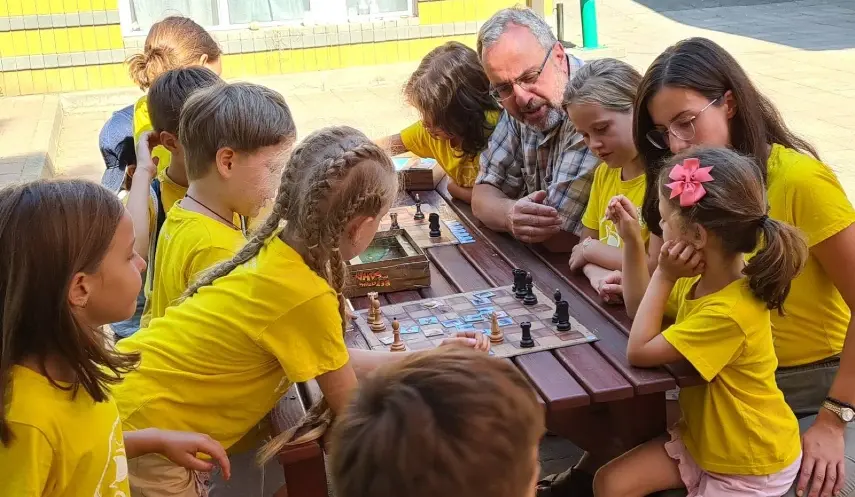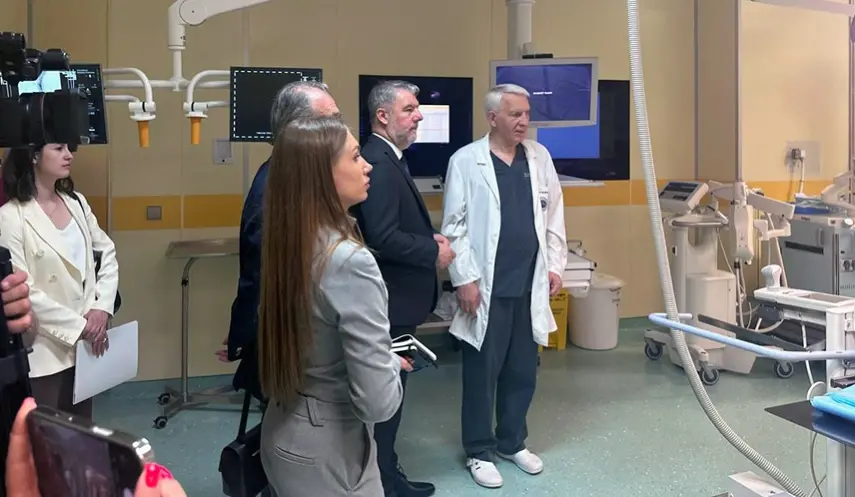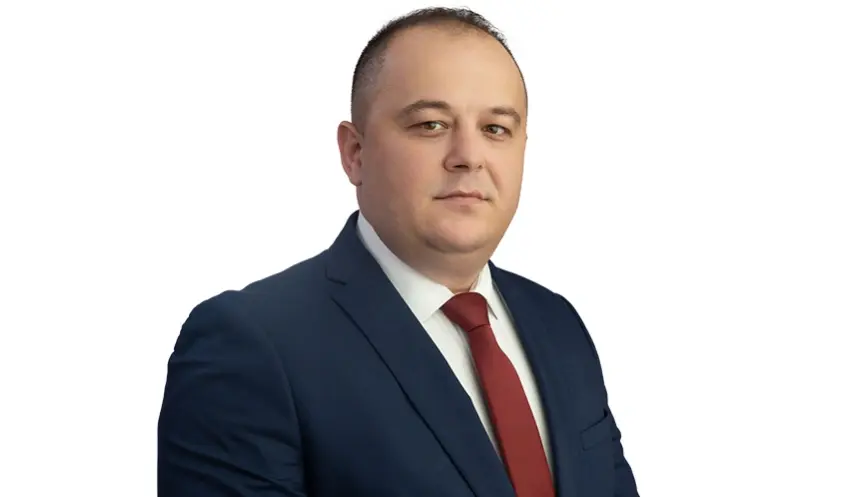CHILD SHOULD GROW UP AS PERSON, NOT PROJECT OF SUCCESS
Republika Srpska - parenting - Rajović
06/01/2025
10:00

BANJA LUKA, JUNE 1 /SRNA/ - Good parenting does not change, it is just more difficult to preserve it in modern conditions, and the best parents are those who strive to ensure that their child grows up as a human being, not as a project of success, Professor Ranko Rajović told SRNA on the occasion of June 1 - International Parents' Day.
"The means change, but the fundamentals remain the same: safety, boundaries, love, time spent together. Today, it is perhaps more important than ever for a parent to create conditions for play, movement, conversation – because children are overwhelmed with passive content," said Rajović, who is also the author of the Nikola Tesla Center /NTC/ Program.
SERVILITY - TRAP FOR PARENTS
He warned that servility is one of the increasingly common traps that parents fall into because they put too much effort into protecting their children.
"Unfortunately, this has become a pattern. In the desire for the child not to suffer, parents often remove all obstacles, solve all problems instead of the child, so the child does not learn to develop inner strength - that is the wrong direction," said Rajović.
The NTC approach, Rajović explains, clearly emphasizes that children's brains develop through play and problem-solving.
"Especially through thought processes in movement, through learning methods that resemble play and activate different regions of the brain and help the child remember what has been learned, connect information and develop creativity," said Rajović, an expert in neuroscience in upbringing and education.
He emphasizes that rote learning must give way to new methods, which are supported by neuroscientific principles.
"And even more importantly - for the child to struggle a little, even to make a mistake and correct it, and not to get everything done," said Rajović.
He advises that another parental trap should be avoided, because a supportive parent does not mean a parent who allows everything.
"Real support is the one that gives the child space to make mistakes, to learn from them, but with the certainty of knowing that they have support. That means setting boundaries, but also understanding. It's a balance - without servility, but with empathy and structure," explains Rajović.
Commenting on the increasingly common narrative of parents being friends with their children, he pointed out that children have friends in their environment at kindergartens and schools, and that they need a parent who knows how to say "no" when it matters.
"If there are no clear boundaries, the child loses a sense of security. Through NTC workshops, we often emphasize how important it is for a child to know what is allowed and what is not - this creates stability in the brain and an emotional framework for healthy development," said Rajović.
WHO BUILDS THE BEST MEMBERS OF SOCIETY?
Encouraging the early development of children is certainly the most cost-effective investment in social development, and it also represents an investment in the future potential of the country and its ability to progress. When asked whether an authoritative, supportive or servile parent builds better members of society, Rajović noted that authoritarianism in the old sense no longer works, while servility is even more harmful.
"The best members of society come from families where parents are supportive but consistent, where the children know that they are loved, but to also know that they just have to solve the problem, to overcome it, to try... and then they develop," Rajović pointed out.
He admited that his parenting has changed along with his children and their growth, but he emphasized that he has never agreed to solve things for them because it does them no favors.
"When they try something new, maybe make a mistake, struggle, they then activate important processes /self-control, attention and concentration.../, and when they overcome the problem, the brain activates happiness hormones. In fact, the brain is an organ for survival and whenever we learn something new, the brain seems to send a message: `Bravo, we will survive more easily,`" Rajović explained.
He notes that this is how self-confidence develops.
"The job of parents is to make sure that obstacle is not too big, not to remove it completely," Rajović emphasized.
WHERE THE BEST PARENTS AND THE HAPPIEST CHILDREN LIVE
Commenting on the results of surveys showing that children are happiest in Scandinavian countries, Rajović said that it is a good thing that children there are not overprotected.
"They spend a lot of time in nature, they help each other, team spirit develops, they play a lot," said Rajović.
Answering the question of whether the best parents live in Scandinavian countries, Rajović said that the best parents are not in a specific country, but are found everywhere, in big cities and in villages.
"These are the parents who understand that a child must have their own struggles, that it is not helpful to remove all stress. The best parents are those who strive to ensure that the child grows up as a human being, not as a `success project,`" said Rajović.
International Parents' Day, celebrated on June 1, is an important reminder of the importance of the family as a community that fosters togetherness, harmony, and health as its greatest values.

GOLDSCHMIDT: STILL WAITING FOR APOLOGY FROM BiH AUTHORITIES

POSSIBLE COOPERATION BETWEEN ALMAZOV RESEARCH CENTRE AND UNIVERSITY CLINICAL CENTRE

SARAJEVO "TROIKA" WANTS TO WEAKEN SNSD - THE BIGGEST OBSTACLE TO UNITARY BiH



